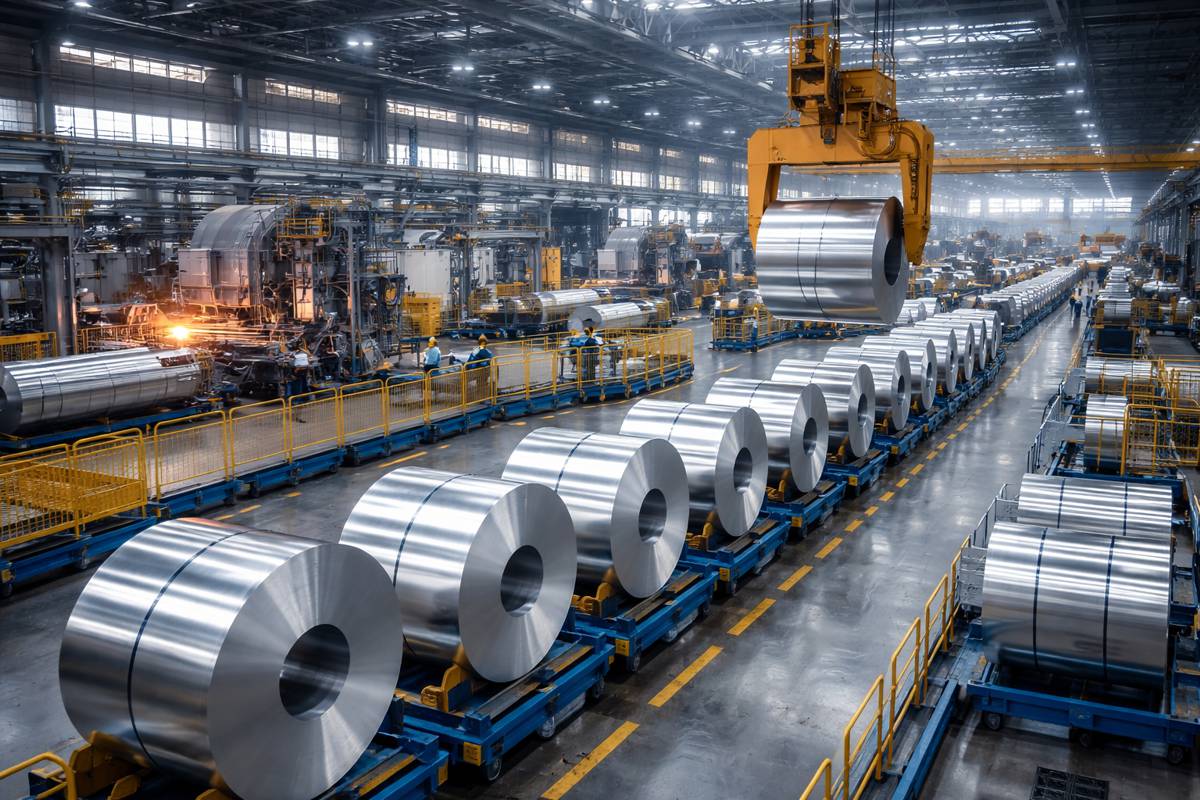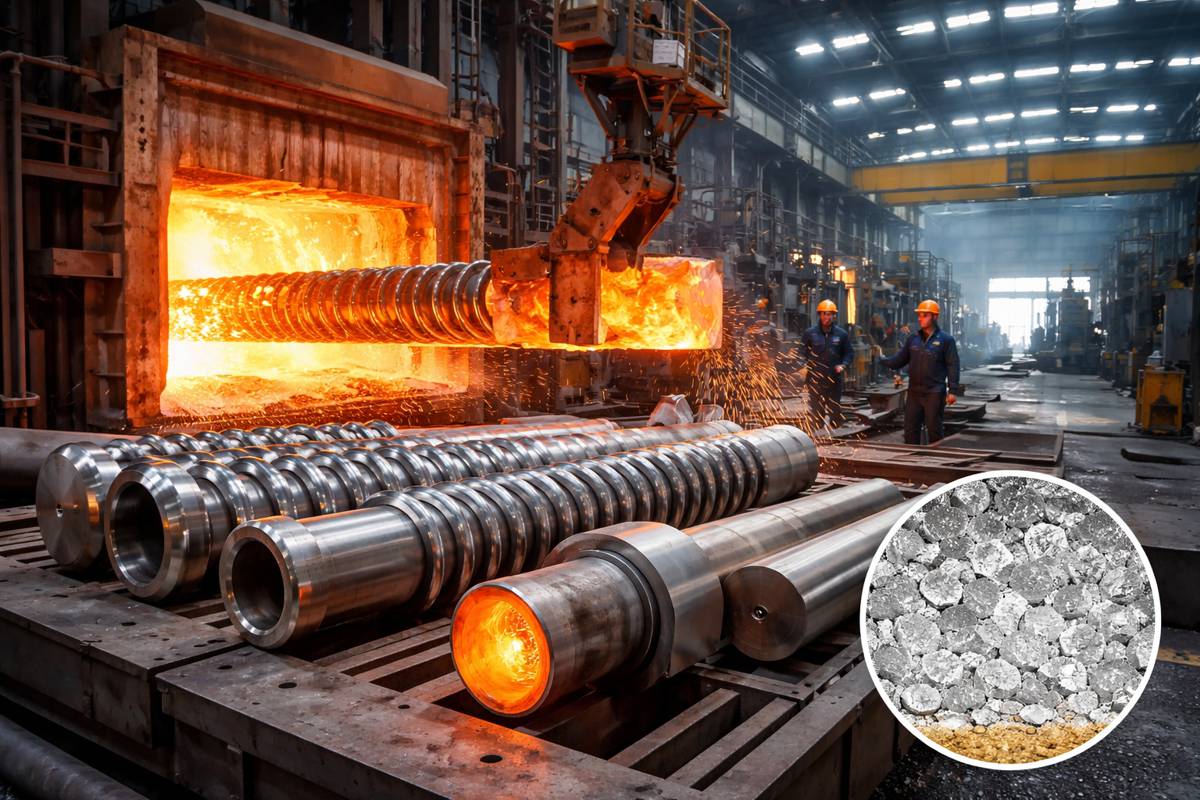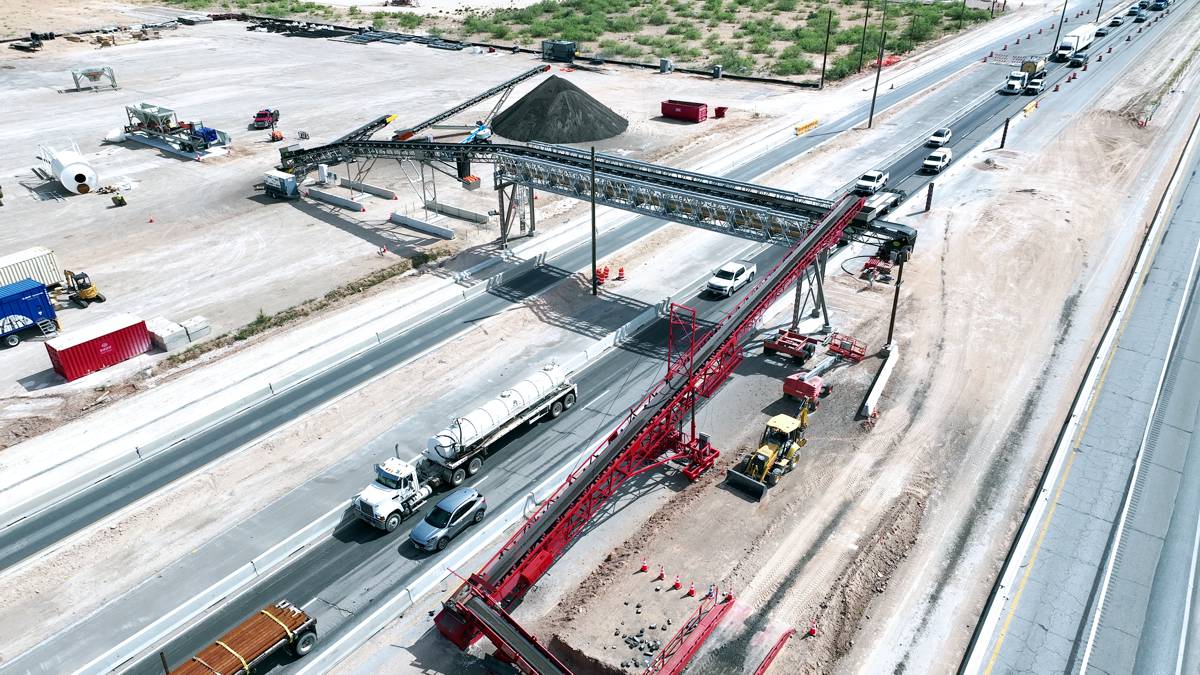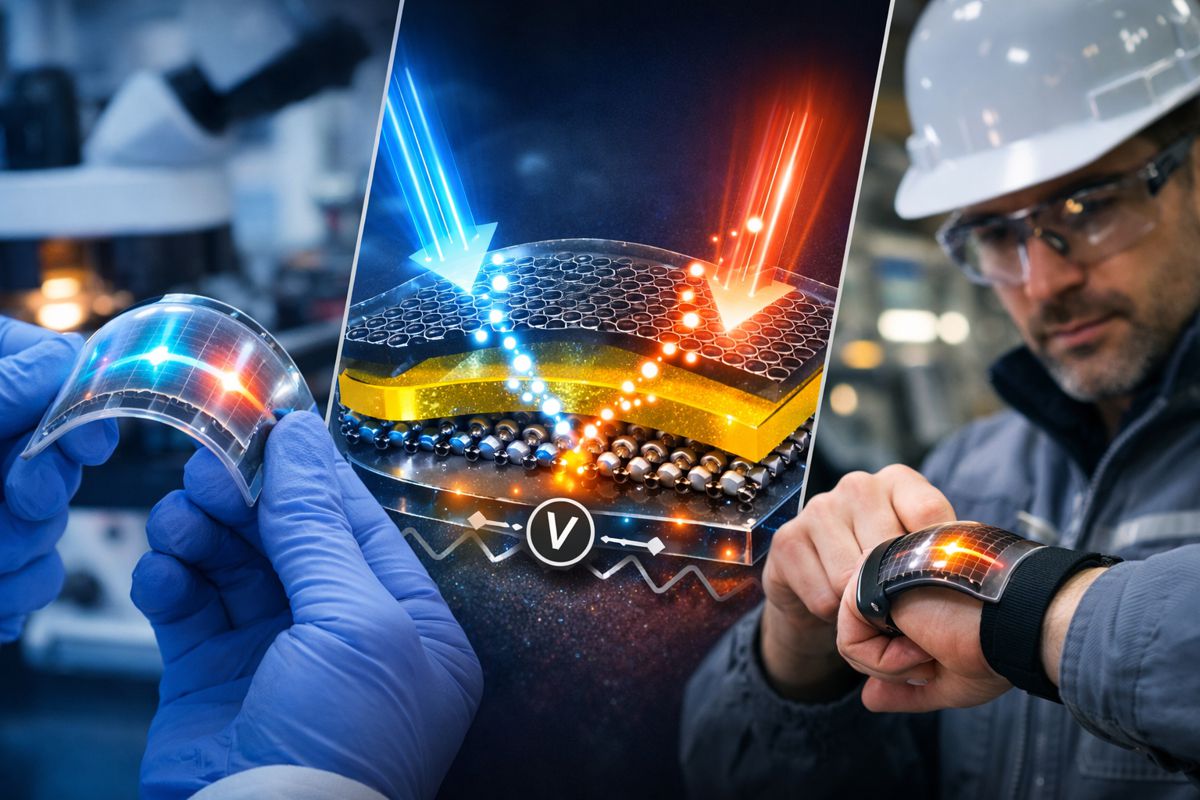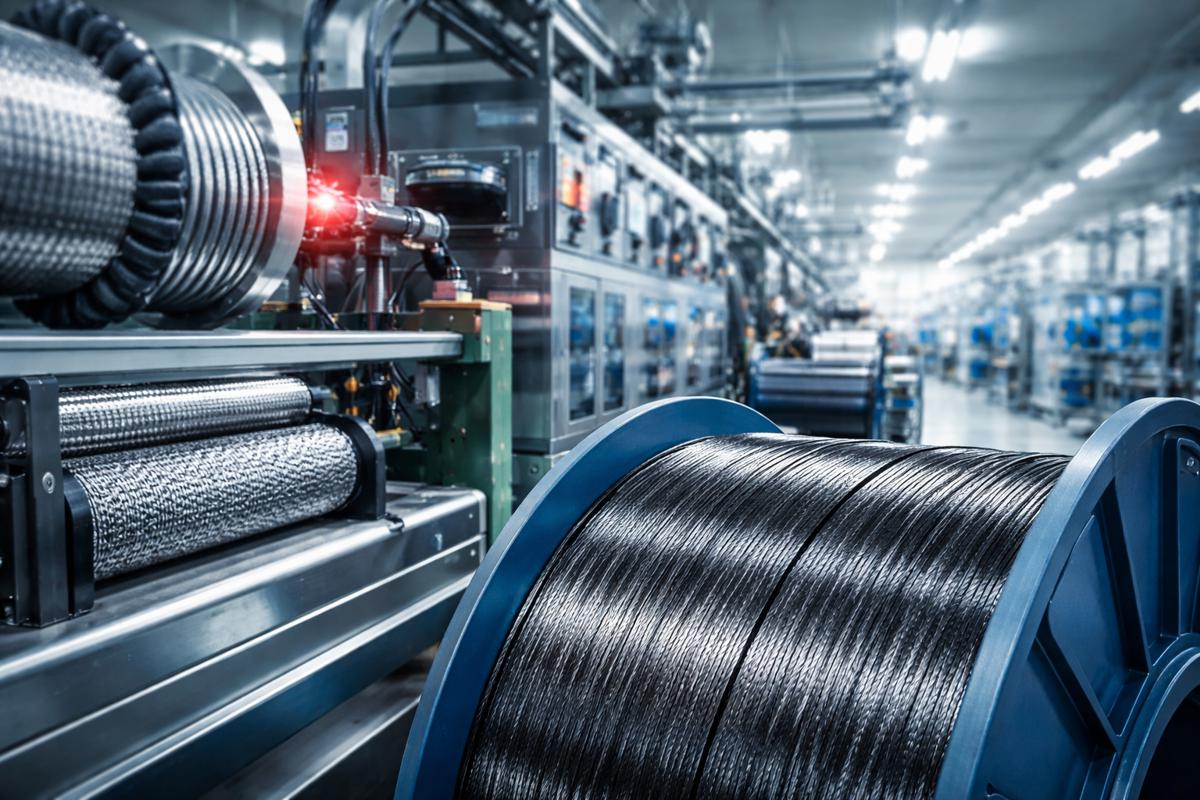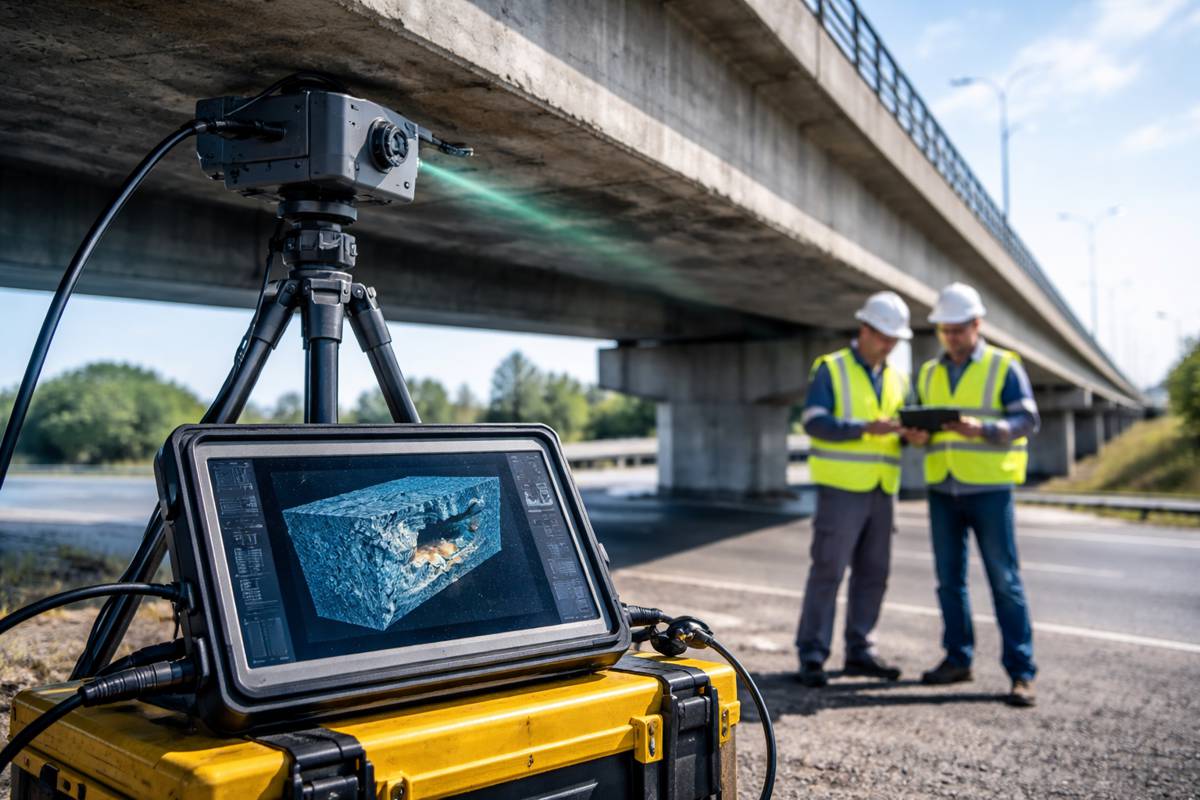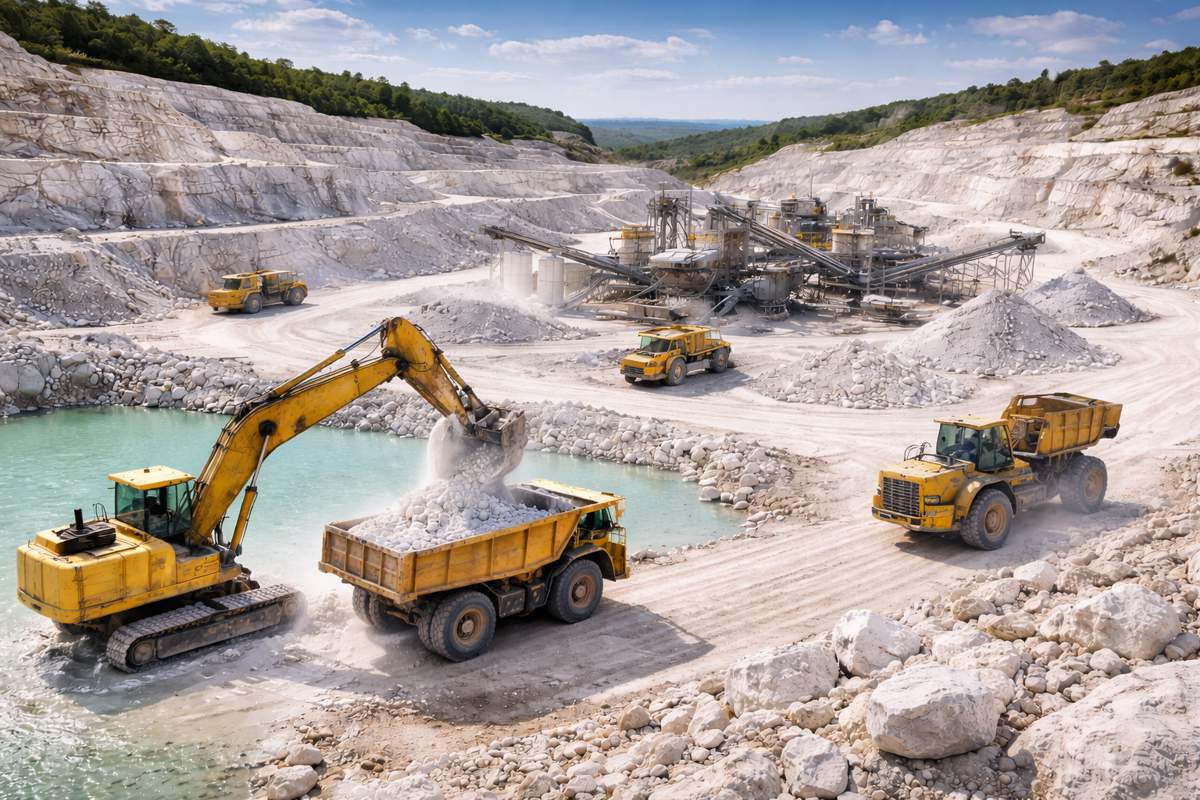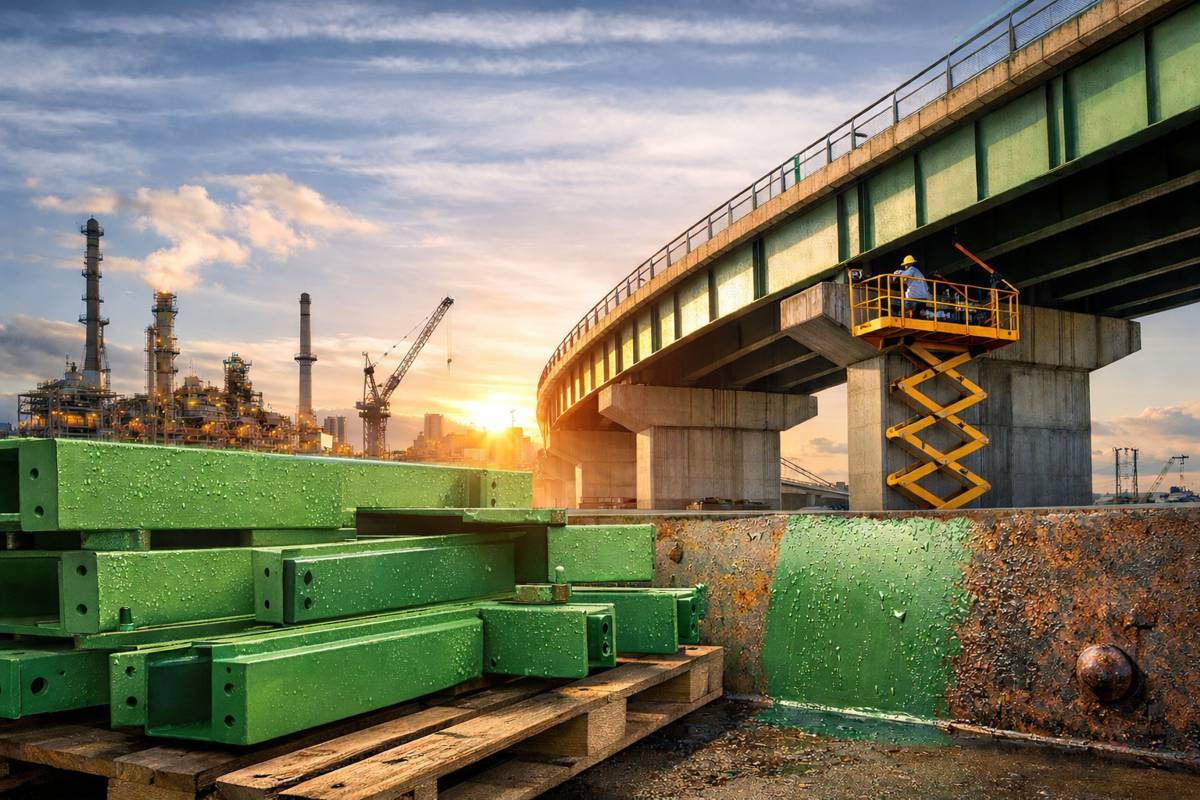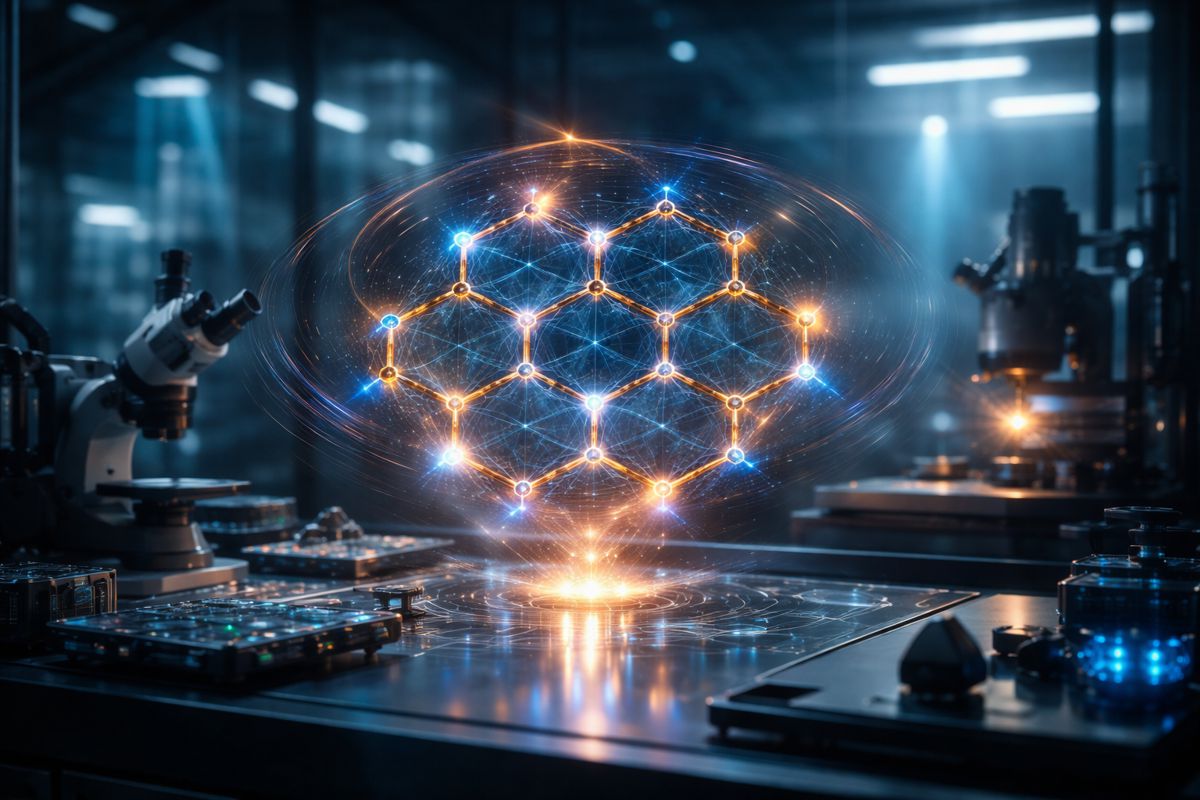ShAPE Manufacturing produces better Aluminium Alloy extrusions
When Ford began building the F-150 with mostly aluminium bodies in 2014, the popular truck slimmed down by about 700 pounds.
That change was designed to improve gas mileage and save money at the fuel pump. Even more weight could be saved by using advanced aluminium alloys for components such as roof rails, cross beams, subframes, and other structural parts. But that hasn’t happened because these alloys are expensive due, in part, to their slow manufacturing rates using conventional extrusion.
However, these high-tech alloys just posted a personal best, using a novel, new approach to extrusion that dramatically improves their manufacturing speed. Shear Assisted Processing and Extrusion, or ShAPE™, uses significantly less energy and can deliver product at more than 10 times the rate of conventional extrusion, with no sacrifice in quality. Not only that, it can also improve the mechanical properties of the aluminium alloy, known as alloy 7075.
Alloy 7075 has a strength-to-weight ratio 85 percent higher than the alloys found in typical passenger vehicles, however manufacturing costs are about 30 percent more expensive compared to the “6000 series” alloys that are commonly used.
“That price differential is acceptable in aerospace applications, where lighter weight materials trump higher costs in order to achieve better fuel efficiency, improved manoeuvrability, and lower launch cost,” said Scott Whalen, a materials scientist who helped develop ShAPE at Pacific Northwest National Laboratory (PNNL). “But in vehicles, it’s a limiting factor that we hope to change.”
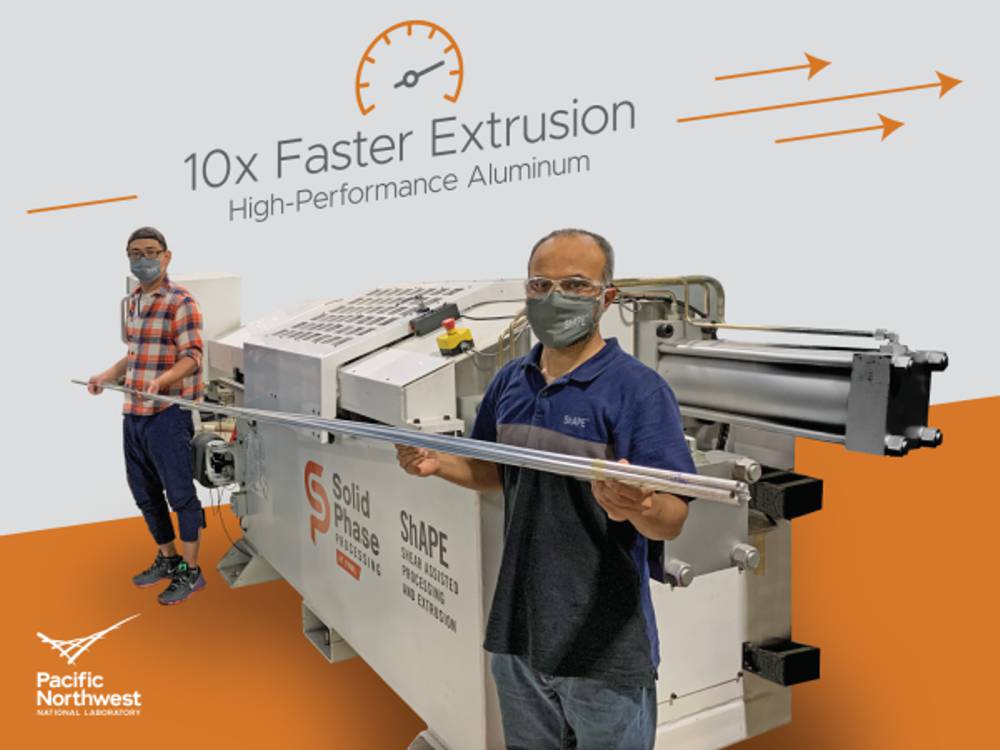
A need for speed
This high cost is primarily due to alloy 7075 being notoriously hard to extrude into structural components. In fact, 7075 is widely regarded as the most difficult to extrude of all commercial aluminium alloys.
Conventional extrusion of 7075 is slow going and involves laboriously ramming solid metal through a die. The slow extrusion speed of just 1 to 2 meters (3 to 6 feet) per minute—combined with higher energy requirements—make 7075 more expensive than the 6000 series aluminium alloys, which are extruded at more than 20 meters (65 feet) per minute.
ShAPE is a highly energy-efficient extrusion process that results in higher-quality products and a recent study demonstrated that it can also extrude high-strength aluminium alloys much faster. Research results were published in the November issue of the Journal of Manufacturing Processes.
“Extensive testing shows that PNNL’s process can increase the speed by about 10 times that of conventional extrusion for this alloy, using about half the energy,” said Whalen, who is the corresponding author. “Our process can extrude about 12 meters per minute with no tearing or cracking, whereas conventional extrusion is limited to about 1 to 2 meters per minute—and our process even enhances some material properties.”
ShAPE can extrude tubes, wire, and bars with strength properties that meet important industrial ASTM standards and ASM typical values. The elongation of alloy 7075—how far it stretches before it breaks—is 50 percent higher than that of conventional extrusion, which can help with energy absorption during a crash. The patented ShAPE process adds rotational motion to conventional linear extrusion and creates enough heat to warm the metal, causing it to flow and deform as it is pushed through a die to create product shapes.
Researchers say that the ability to extrude at a lower temperature is one of the reasons ShAPE is able to achieve production rates for alloy 7075 that would tear the material in conventional extrusion.
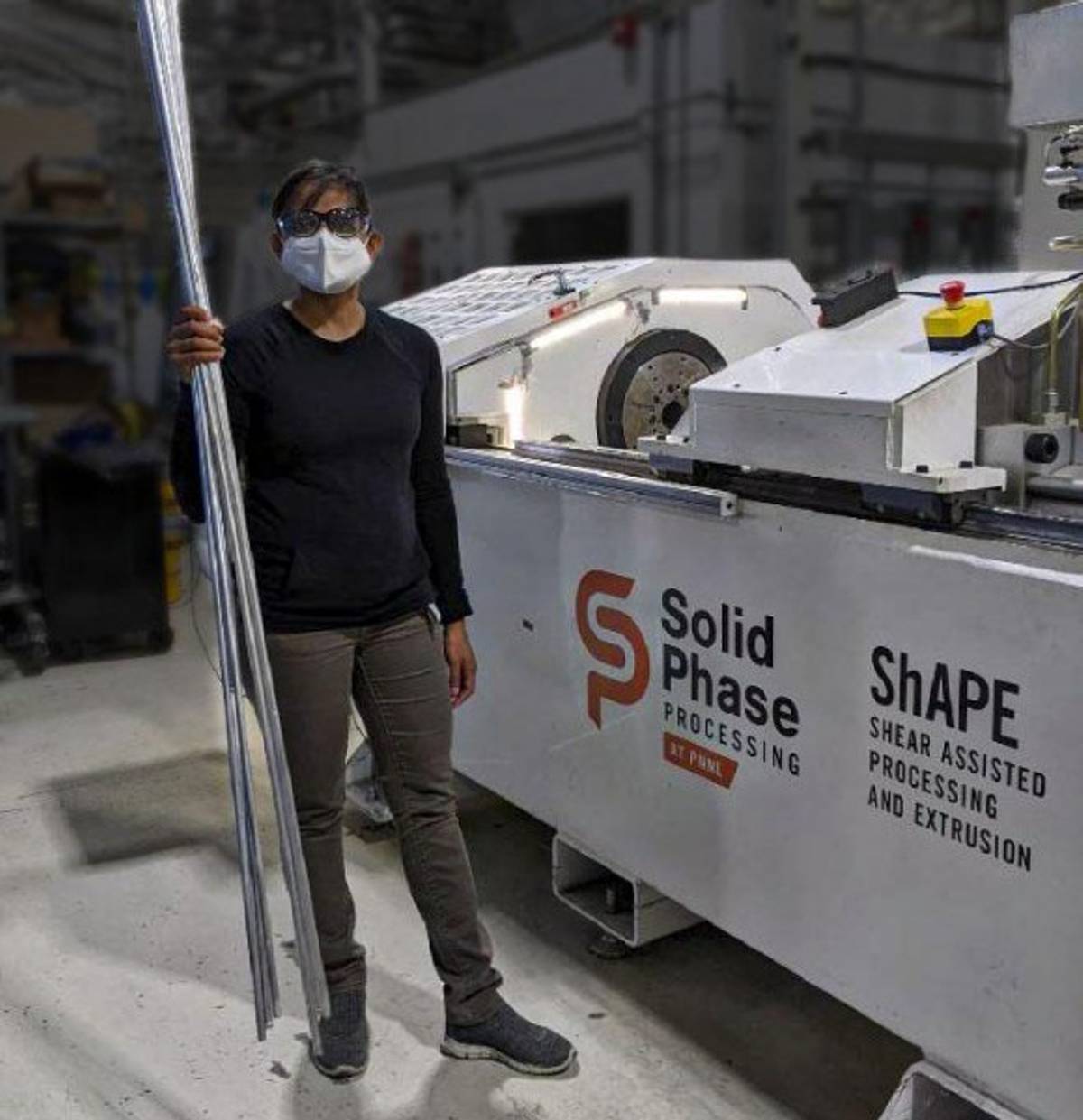
Re-ShAPEing energy use in manufacturing
In addition to increasing speed, the ShAPE process can also eliminate the need for energy-intensive thermal treatment steps that are required in conventional extrusion, saving approximately 50 percent of the energy required for extrusion of alloy 7075. With conventional extrusion, the large billets of metal must first be heat treated at temperatures of more than 400°C (750°F) for roughly a day to homogenize, or evenly distribute, different elements like magnesium and copper throughout the alloy. ShAPE is capable of extruding billets without homogenization, saving an estimated 5 percent on the total cost of ShAPE-extruded products.
Additionally, in conventional extrusion, preheating in a furnace is required to soften the billet prior to extrusion. With ShAPE, preheating is not required, since all the necessary heat comes from the process itself. Other post-extrusion thermal treatments are also eliminated or reduced, leading to the overall 50 percent in energy savings.
ShAPE’s increased extrusion speed, combined with reduced energy use and, therefore, lower carbon emissions, can make the lightweight 7075 alloy cost-effective for the passenger vehicle market. Lighter vehicles also ultimately contribute to reduced carbon emissions for the transportation sector through increased fuel efficiency for cars powered by internal combustion engines and longer driving distances per charge for electric cars.
ShAPE is part of the solid phase processing suite of technologies, which are emerging as a scalable, advanced manufacturing approach to the production of metals and metal composites that are greener, cheaper, and better than those processed by conventional means. The ShAPE process for the production of 7075 aluminium alloys was developed with funding from the Department of Energy Office of Energy Efficiency and Renewable Energy’s Advanced Manufacturing Office.




















